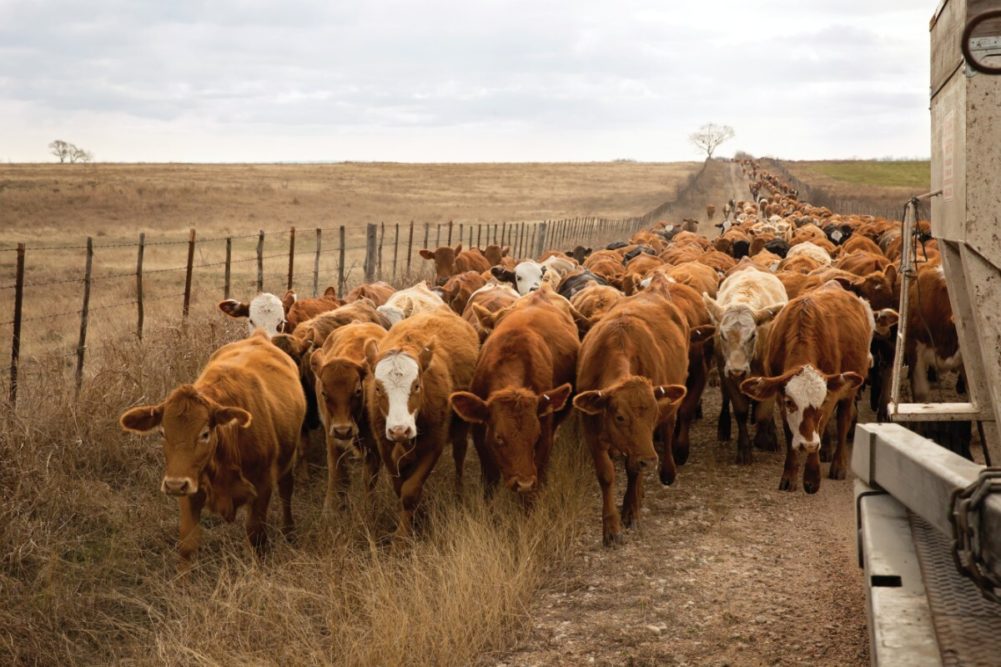WICHITA, KAN. — As part of its commitment to promote sustainable agriculture and minimizing the impact the beef industry has on the environment, Cargill announced it is contributing a $1 million grant to Colorado State University’s (CSU) AgNext research program.
Kim Stackhouse-Lawson, PhD, said the Cargill grant will go toward research to establish benchmarks and develop solutions to address naturally occurring enteric methane emissions from cattle in feedlots.
“Working closely with industry partners like Cargill, researchers and producers, AgNext is helping develop innovative, scalable solutions that move the livestock industry toward a more sustainable future,” she said. “An important part of that is developing robust baseline greenhouse gas emissions from cattle.”
With a mission to identify and scale innovation that fosters the health of animals and ecosystems to promote profitable industries that support vibrant communities, CSU’s AgNext program is focused on researching animals and the ecosystem to ensure benefits to stakeholders in the food supply chain, including producers and industry partners, by working together to create sustainability in the animal agriculture segment.
According to AgNext, “Our research focuses on advancing the science of animal agriculture to ensure a continued safe, secure and nutritious food supply.”
AgNext plans to utilize the funding to establish science-based research findings to vet current US Department of Agriculture guidelines for cattle feed that are based on assumptions about the impact of feeding practices on methane emissions, which include combining grain processing with feed additives. The goal is to develop a solution that is based on empirical data instead of the assumption-based practices widely used today.
“AgNext will bridge the gap by conducting several groundbreaking experiments at Colorado State University’s Climate Smart Research Facility over the next two years,” Cargill said.
The research will assess how different ingredients and additives in cattle diets impact enteric methane emissions in beef steers fed typical finishing rations. Researchers will additionally determine whether the additive effect of these ingredients and additives can result in methane reduction.
“Cargill is committed to working with researchers, farmers and ranchers to advance creative sustainability ideas and accelerate best-in-class conservation practices within the industry,” said Eliza Clark, Cargill protein and salt sustainability leader. “The knowledge generated from this innovative research will pave the way for testing new technologies in cattle feeding and continue to improve the reduction of greenhouse gas emissions in the beef supply chain.”
Earlier this year, CSU’s AgNext program announced a new, open access sustainability tool for the beef industry. The Feed Additive Calculator Tool (FACT) for Beef, which allows farmers, ranchers and feeders to understand methane emissions from cattle as well as how the use of methane inhibitors may affect profit margins.


